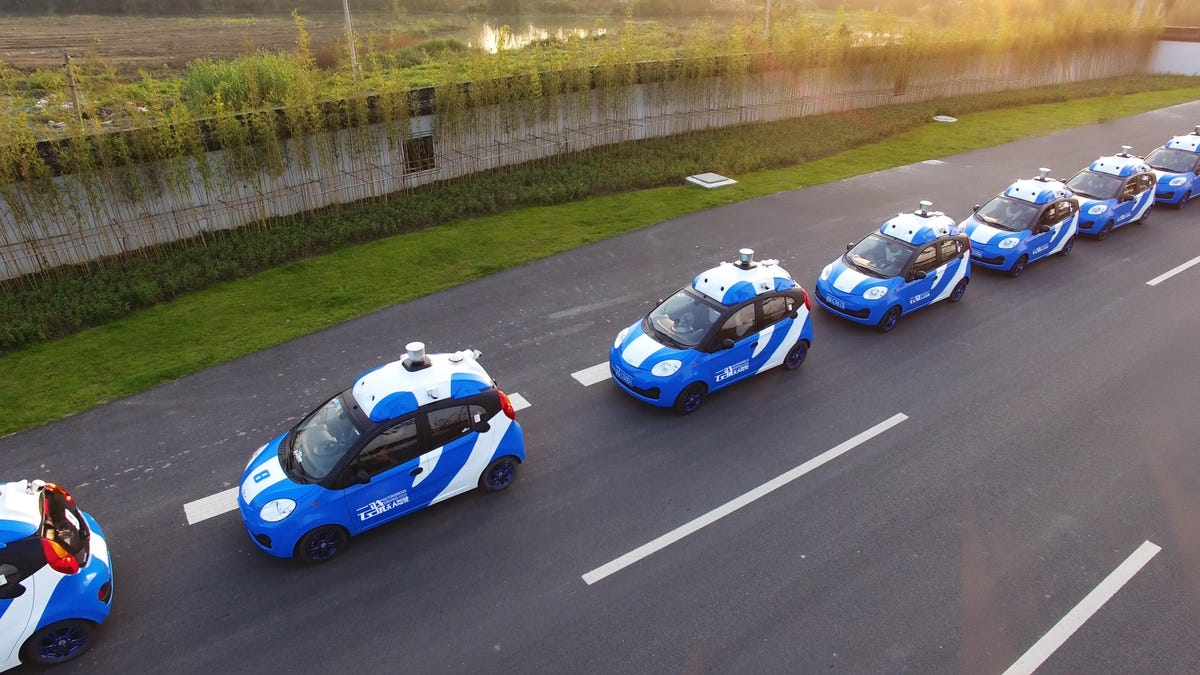Baidu, BlackBerry form an autonomous-driving dream team
The Chinese and Canadian companies join forces to advance self-driving technology.

Chinese internet megacorp Baidu and BlackBerry are coming together to form a Sino-Canadian Voltron of autonomous driving technology.
The BlackBerry QNX platform is already a known quantity in the automotive world, with many of the in-car infotainment systems that you know and tolerate having been built on it. Baidu might not be as familiar to readers in the US, but it is a world leader in the development of deep learning and artificial intelligence as well as being the Chinese equivalent of Google.
Baidu's Apollo open self-driving car platform may prove to be a game changer in the industry, particularly when paired with the stability of BlackBerry's QNX.
Earlier in 2017, Baidu announced the release of Apollo, its open-source autonomous driving platform, the idea behind which is that free access will help ensure the more rapid development and increased proliferation of self-driving cars . Its efforts have, so far, paid off, with American company Autonomoustuff managing to use Apollo 1.0 to add autonomous capabilities to a car in just three days, capabilities which proved sufficient to allow the car drive itself around a track repeatedly.
What can we expect from this partnership between BlackBerry and Baidu? According to the joint press release, Baidu will be using BlackBerry QNX as the secure backbone on which all future Apollo releases will be built. BlackBerry will get to take advantage of Baidu's CarLife smartphone integration and its conversational artificial intelligence, DuerOS.
BlackBerry has been pushing hard in the autonomous driving sector as of late in an effort to grab early market share. It recently announced a partnership with Denso and Intel to help develop machine-human interfaces.
Baidu is expected to show off some next-level AI tech, including DuerOS, at CES next week and we'll be there to check it out.

